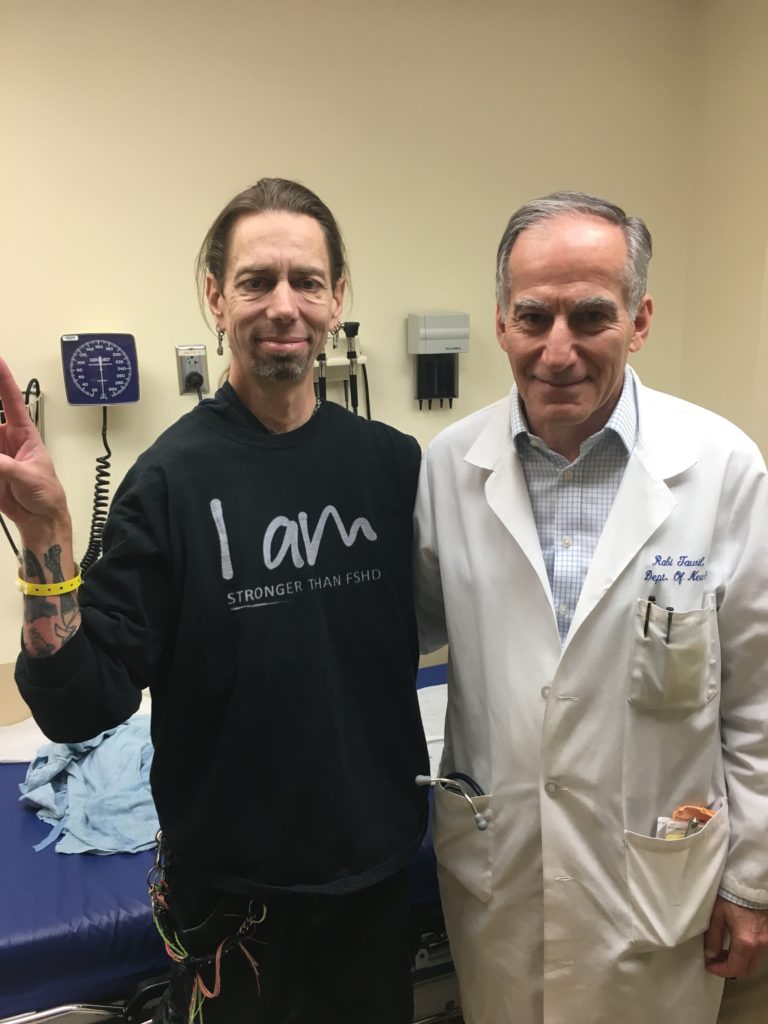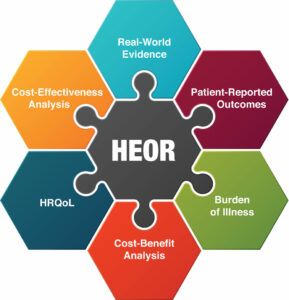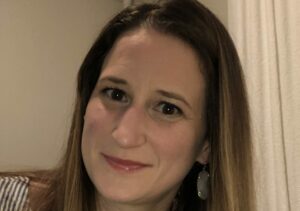
To crack the code of FSHD, patients are absolutely essential
All of the breakthroughs—the discovery of the genetic causes, understanding why some patients vary so greatly in the severity of their symptoms, teasing out the biochemical pathways that could point to future treatments—were made because patients stepped up to the plate.
Too often, we hear patients say they’ll volunteer when there’s a treatment. But we will never get to a treatment unless patients participate in fundamental research now. FSHD is uniquely human, so no laboratory mouse can ever fully model the disease. The genetic “package” that causes FSHD is found only in people. We owe an enormous debt to the patients who give DNA samples. Who submit to long interviews and exhausting physical tests. Allow a surgeon to cut out a small muscle sample. Who fight claustrophobia to lie in the narrow bore of an MRI machine.
Equally important are patients’ family members, both affected and unaffected, who provide the best experimental controls because of their shared genetic and environmental backgrounds. A parent or sibling who has very mild symptoms may hold the key to understanding the factors that protect against the full-blown development of FSHD symptoms in a more severely affected family member.
We are more hopeful today than ever before that a treatment is within sight. We cannot guarantee when that treatment will arrive, but here’s one thing we guarantee: If you volunteer for research, your participation will without question help move us a step closer to that day.
Scientific Overview of FSHD
Read the latest on wikipedia
Glossary of Scientific Terms
Teen with FSHD is in top 40 of Science Talent Search
Our very own Heloise Hoffmann, leader of the Southwest Florida chapter and Walk & Roll, is a science rock star! The Society for Science named her a top 40 finalist… Read More »
FSHD Canada Foundation awards $2.8 million to CTRN
by June Kinoshita, FSHD Society The FSHD Canada Foundation, a close partner and fellow traveler of the FSHD Society since its founders Neil Camarta and Craig Kelley first met in… Read More »
Extraordinary Measures – Understanding the socioeconomic impact of FSHD
An aspect that is often overlooked during drug development is a cost-benefit analysis of a therapeutic treatment. Insurance companies often determine the level of coverage they are willing to provide… Read More »
Artificial intelligence reveals some surprises
Analysis of FSHD registry data overturns prior ideas about genetic and gender factors by Natalie Katz, MD, University of Rochester Facioscapulohumeral muscular dystrophy is a highly variable disease. While we… Read More »






